 What are dental implants? Dental implants are titanium screws that substitute the missing root of a tooth. They are designed to support crowns and function like real teeth.
What are dental implants? Dental implants are titanium screws that substitute the missing root of a tooth. They are designed to support crowns and function like real teeth.
Even though people often think dental implants only improve aesthetics, they have many health advantages as well. Correct chewing, improved speech, and overall improved oral health are all advantages to this procedure.
You need an implant when you are missing a tooth, not only to fix your bite and create a more aesthetic look, but because if you don’t fill the gap between two teeth, you start to lose bone mass in that area. Once that happens, you start experiencing the negative impact of missing teeth long-term.
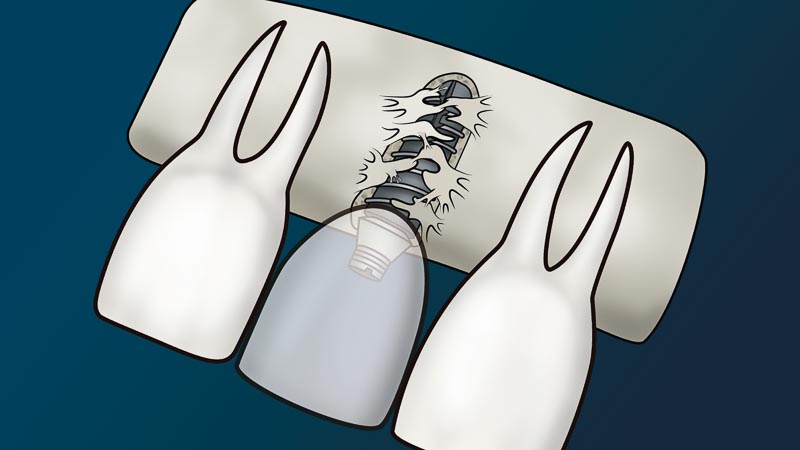 A single dental implant is comprised of three parts:
A single dental implant is comprised of three parts:
- Implant: This is a titanium screw that is placed in your jawbone where you have a missing tooth. The doctor will place 4 or more of these in full mouth restoration cases.
- Abutment: This is a little metal piece that is placed between the implant and the crown. The dentist will connect the abutment firmly to the implant and crown. There are two types of abutments. A healing abutment is a special piece that protrudes from the gums during the healing process. If you do not use a healing abutment, and rather a standard abutment, the doctor will instead need to cut an incision in the gums on the second trip.
- Crown: A crown is what is on top of the implant and has the shape of a tooth. It is designed to seamlessly fit with your other teeth and has the same function. Porcelain (e-max), zirconia, and ceramic are the most commonly used materials for dental crowns.
Am I a Candidate for Dental Implants?
This is one of the most common questions about dental implants in Mexico. Most people are candidates for dental implants, however, there are a couple of things to keep in mind. For example, people that have recently suffered a heart attack should avoid getting this surgery.
Also, people that have:
- Uncontrolled diabetes.
- Bleeding issues.
- Biphosphonates therapy.
- Radiotherapies for cancer treatment.
You can still have a dental implant procedure as long as your diabetes is under control. It’s always important to consult with your doctor and dentist if you have uncontrolled diabetes and plan to have a dental implant. A study done by the US National Library of Medicine found that when diabetes is under control, implant procedures are safe and predictable. That means you can expect to have a normal recovery time.
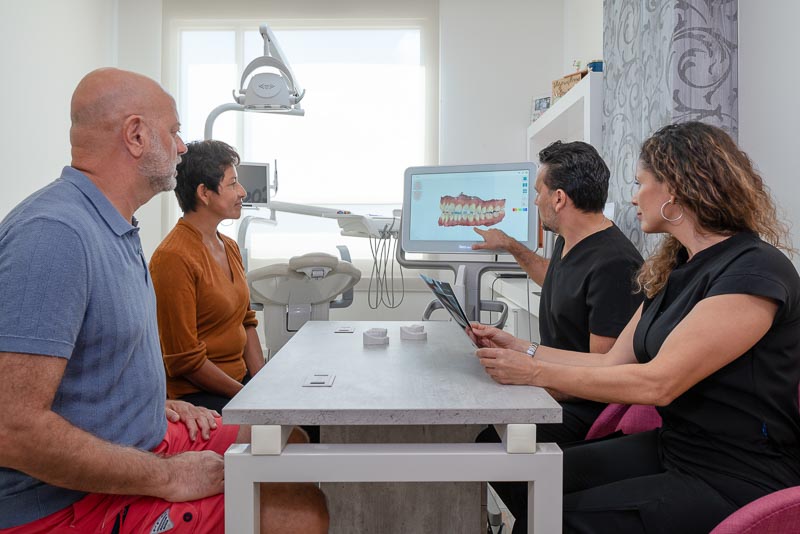
It is important to mention that if you are a heavy smoker, the failure rate of the implant doubles.
Bone loss, gum disease, and mouth infections might prevent you from being a candidate for dental implants. That is why it is very important to talk about health with your dentist with full transparency. Your treatment success depends on it, and, in some cases, your wellbeing too.
What should I expect in a dental implant procedure in Mexico?

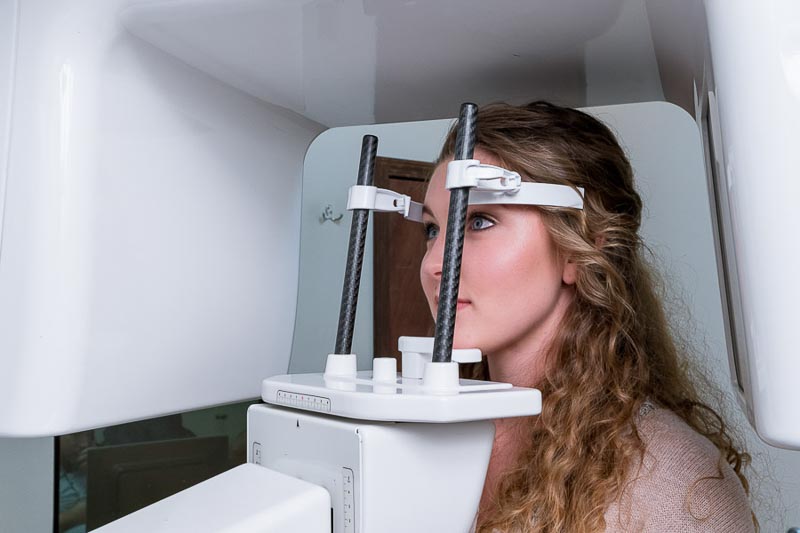 In most cases, you will need two or three appointments to complete the whole procedure.
In most cases, you will need two or three appointments to complete the whole procedure.
In the first visit, the doctors will do x-rays and/or a CT scan of your mouth.
Reviewing your mouth’s condition with the doctor will allow them to take the best approach for your case and find a suitable treatment plan. Some health conditions might require you to undergo extra steps in the process.
Now the surgical procedure can begin. The doctor will numb your mouth and make calculated incisions in the gum. He/she will place the implant after using a pilot drill to make holes in your jawbone. After this, the doctor will close the gum to prevent bacteria from getting in.
The next step involves waiting for your bone to accept the implant and heal. It will take three to six months until the osseointegration between your bone and the implant is complete. While you heal, your bone and the titanium implant are going to fuse together, creating a stronger union.

During the second visit, your dentist will take an impression of your teeth once the implant has been accepted into the bone and has completely healed. After the impression, they will create the crown, denture, or bridge, and then put it overtop the implant(s). This crafting process can take a couple of hours to a couple of days depending on the complexity and the materials used.
We have a great video with our doctors teaching about this procedure. Watch the video below for an in-depth explanation:
How Much Does a Dental Implant Cost?
The most common questions about dental implants in Mexico always have to do with the cost associated with them. The cost of a dental implant will vary from clinic to clinic as it depends on an array of things. If you want to do a dental implant in the United States, it could cost between $3,000 and $6,000 per tooth. In Mexico, they are a fraction of this cost. Prices are cheaper in Mexico due to doctors’ fees being less expensive.
If you are interested in our prices and promotions, please visit our website or click here.
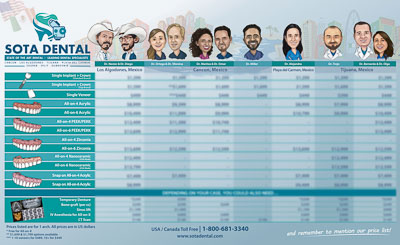
What Options do I have for Dental Implants in Mexico?
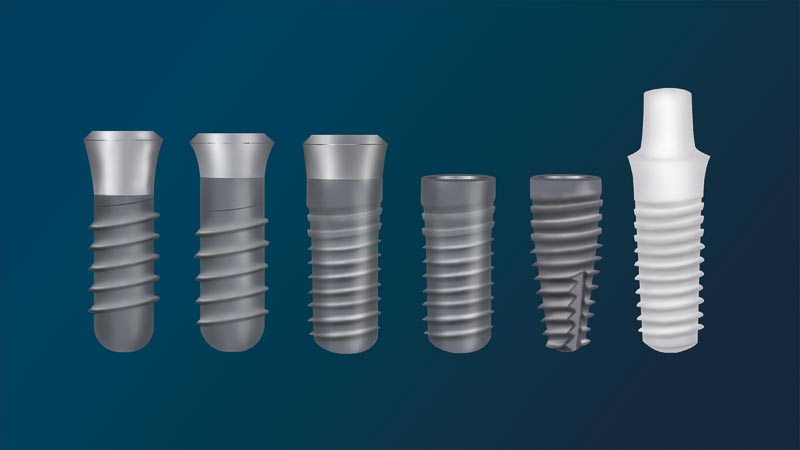
Doctors will usually have their preferred brands to work with. Those might change from clinic to clinic. It is a good idea to ask your dentist for their top choice regarding brands and inquire more about it. doctors often use differ
Some dental implants are compatible with certain brands of crowns, and some are not. This is why is very important to never interrupt an ongoing dental procedure. Different doctors often use different procedures and methods to treat a patient, even on the smallest of things. For that reason, you should end your treatment with the doctor you started it with.

Does a Dental Implant always have a Crown?
The whole purpose of an implant is to provide an anchor point for something to be placed on. It might be a crown, a bridge, or even a full denture depending on what your mouth needs and what your dentist recommends.
In other words: Yes. There is no point in getting a dental implant if you don’t put a fake tooth (crown), on top of it. The final objective of this procedure is to restore your mouth’s normal function and health.
Connected to the abutment on top of the implant is a dental crown, which is designed to function like a real tooth. The purpose of a crown is to fix the patient’s bite and to create an aesthetic look.
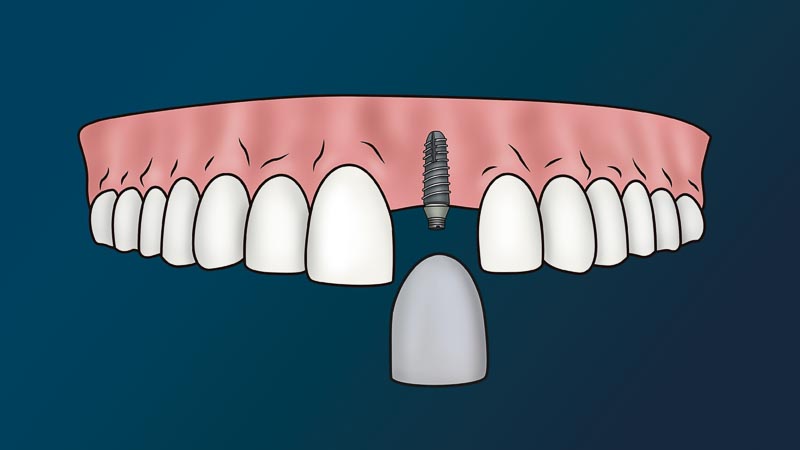
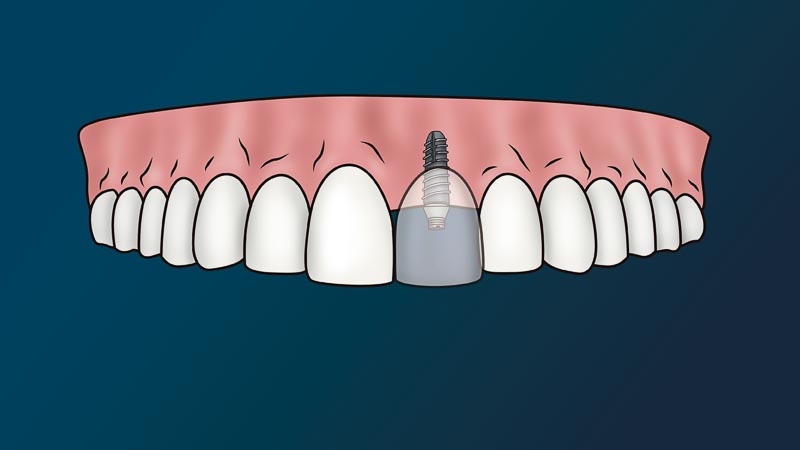
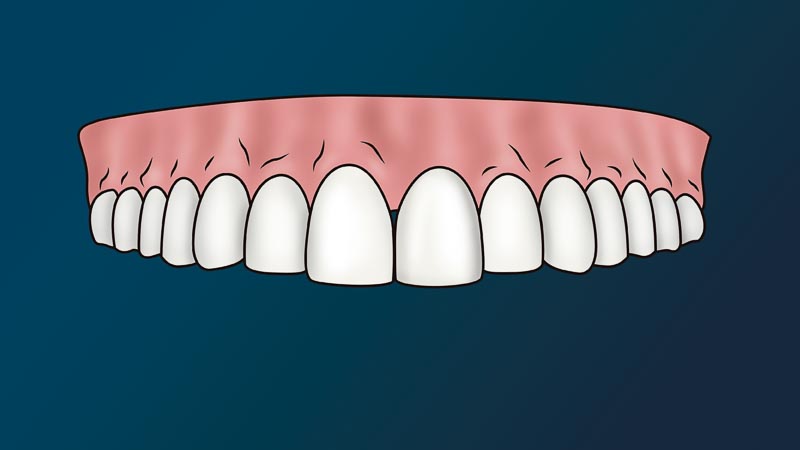
Lab technicians use different techniques and materials to make crowns. Here at SOTA Dental, we offer these options:
- E-max crown: This is a ceramic material that is very tough and durable. Thanks to its translucent and colorful properties, it can be extremely aesthetic.
- Same-day crown: They are milled of e-max by an ultra-precise machine in our dental office.
- It is convenient and you can get your crown on the same day!
- Zirconium crown: Zirconia is a ceramic-like material that is stronger than porcelain. It is heavy but durable.
Our specialists are experts in designing and fabricating crowns. They know that it is going to improve someone’s life, so they put their hearts and souls in each and every single crown. This is why having a passion for what you do is vital as a dental technician.
If you want to check our options and prices, please click here.
Are Dental Implants Permanent?

Although dental implants can last a lifetime, it is important to take care of them as much as possible.
Treat dental implants as if they were real teeth, if not, bacteria can develop and create problems in the future.
Having healthy gums is also very important. It is important to take care of your gums for a successful outcome and long-term positive results.
Here is a list of things you need to do to take proper care of your dental implant:
- Brush twice a day with a low abrasive toothpaste. It is also important to brush around the implant with a soft toothbrush. Daily flossing and using mouthwash are also important for good oral hygiene.
- Choose your food wisely. Pick foods that will not generate a lot of stress on your implant. Avoid tough foods like steak or apples.
- Visit your dentist once every 6 months, to get a deep cleaning and feedback on how your mouth and the implant are doing.
Visit our before and after gallery, where we showcase our patients’ beautiful smiles.
Does it Hurt?
 One of the most common questions about dental implants in Mexico is always, “Does it hurt?”. The dentist will put your mouth under anesthesia, which means it will be numb and will not hurt. However, you might start to feel discomfort and light pain once the numbness disappears.
One of the most common questions about dental implants in Mexico is always, “Does it hurt?”. The dentist will put your mouth under anesthesia, which means it will be numb and will not hurt. However, you might start to feel discomfort and light pain once the numbness disappears.
It is important to note that even if a dental implant is considered to be one of the safest surgical procedures, it is still a surgery that will generate temporal trauma to your gum and bone.
In the first 72 hours after placing the implant, the pain in your mouth will start to increase and then fade away. You can control this pain by taking the painkillers as prescripted by the doctor.
During the first week, your gum will be very sensitive and you will feel a bit of pain around the implant area. Swelling should stop after a week. The osseointegration process will then start to occur. This process is painless but requires 3 to 6 months for the implant to integrate with the bone.
It is also important to always talk with your doctor if you are in pain. Your doctor knows your case best and will propose the best solution for you. If you’re interested in learning more about dental implant success rates and factors affecting them, visit resources like JIACD. Staying informed can help you understand the potential complications and how to mitigate them for a successful implant procedure.
What is the Success Rate of a Dental Implant?
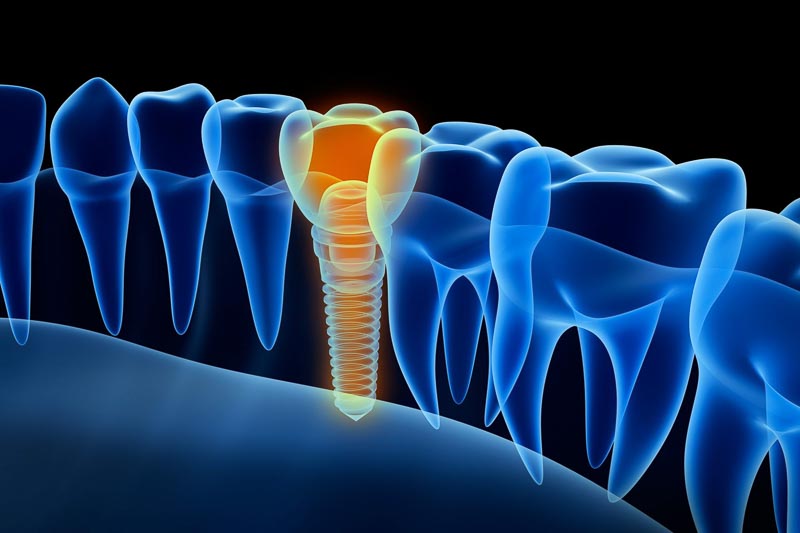 Success rates vary depending on general health and where within the mouth the implant is placed. For most people there will be no issue, however, for a small fraction of the population (2%) the implant will fail. Below is a list of factors that affect implant success rates:
Success rates vary depending on general health and where within the mouth the implant is placed. For most people there will be no issue, however, for a small fraction of the population (2%) the implant will fail. Below is a list of factors that affect implant success rates:
- Infections – Having an infection slows down the healing process and might cause the implant to fail. This is why doctors prescribe antimicrobials and antibiotics to prevent an infection from happening.
- Bone density – The healthier and denser your bone is, the better. Having osteoporosis or any other bone condition might prompt the implant to fail and not fuse the way it should.
- Smoking – Smokers have twice the failure rate as normal patients. If you want to secure the success of your dental implant, do not smoke or quit as soon as possible.
- Other conditions like diabetes might cause your blood to not coagulate, meaning the wound will stay open longer, possibly leading to infections.
This is why we highly recommend you ask your dentist about the possible complications of your case. You can take measures and prepare yourself by knowing what to expect.







